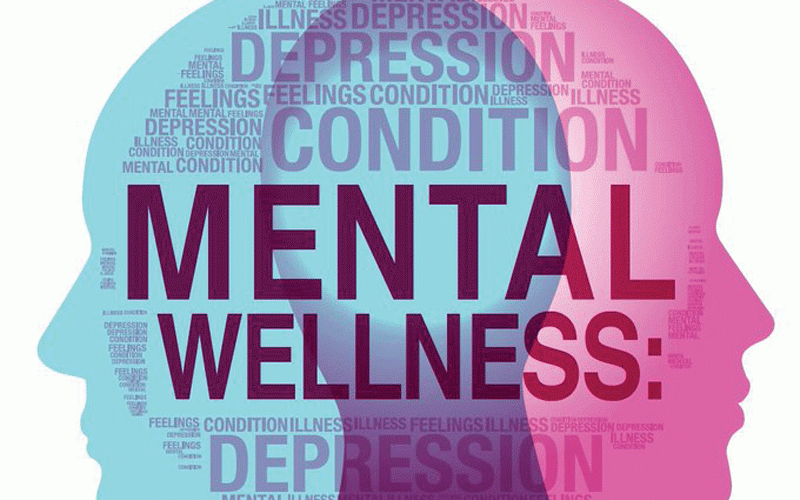
Mental health is a state of well-being in which an individual realises his or her own potential, can cope with the normal stresses of life, can work productively and fruitfully, and is able to make a meaningful contribution to their community.
Mental health is a critical component of individual, family, community and national wellbeing and prosperity.
One challenge that can hinder our understanding of mental health issues and our ability to seek for mental health support when we need it is stigma.
Stigma can be a challenge at a personal, family, community and even structurally at organisational level.
What is stigma and what are the types of mental health stigmas?
Stigma has been described as a state of being discredited and seen as of lesser value than others due to who you are or due to a condition you may have.
- Public stigma: this occurs when the family and community hold a generally negative view of mental illness where those affected by mental illness are seen as less valuable or defective. This can lead to discrimination and ill treatment of those who disclose their mental health challenges.
- Structural stigma: The negative views and attitudes about mental health can influence the policies around mental health, the funding or investment towards mental health care, the structure of mental health services and quality of mental health care. Even at an international level, mental health is often sidelined in terms of funding and support.
- Health workers can sadly also be perpetuators of mental health stigma through poor knowledge and understanding about mental health problems, limited skills in identifying mental health problems correctly, use of discriminating language and negative attitudes towards those with mental health challenges.
- Internal or self-stigma: Public and structural stigma can result in an individual who is struggling with their mental health viewing themselves as ‘less than’ or less valuable than others because of their mental health challenges. This is known as self-stigma and can make it difficult for someone with a mental health problem to open up and seek for help.
- Stigma by association: The negative attitudes that an individual with mental health challenges experiences from others can be extended to family members, friends and other people close to them.
Caregivers of those with mental health problems are often affected by this stigma and are often overlooked in terms of psychological support. Mental health workers who work with those with mental health challenges can also experience this kind of stigma.
How does mental health stigma affect us?
- Antipas frets over defenders
- Edutainment Mix: Artists in ending the toxic masculinity
- Edutainment Mix: Artists in ending the toxic masculinity
- Mental health must be a priority at our workplaces
Keep Reading
Mental health stigma can result in:
- Low self confidence and feelings of worthlessness;
- Fear and anxiety about people finding out about our mental health challenges;
- Fear of discrimination and change of status in our families, communities and workplaces;
- Loss of livelihood due to discrimination;
- Family strain due to some family members misunderstanding one’s mental health condition;
- Poor health seeking behaviour as we hide our symptoms and avoid mental health services for fear of stigma and discrimination; and
- Underinvestment in mental health services if mental health problems are not seen as important as other health problems leading to limited access to quality mental health care for those in need of it.
How can we as a community address stigma related to mental health challenges?
- Increased awareness about mental health problems, the causes and how these challenges are managed. We often fear what we do not understand and increased knowledge and understanding about mental health problems is an effective tool to fight stigma at individual, family and community level.
Greater awareness about mental health challenges will lead to earlier identification of problems and normalise seeking of prompt care.
- Invest in mental health services to improve the quality of mental health services. Access to affordable, acceptable quality mental health service can help encourage good mental health seeking behaviour in our communities.
Quality mental health care will also protect the dignity of those with mental health challenges. It has been said that a society is judged by how it treats its most vulnerable members and mental ill health can make us very vulnerable and in need of quality, dignified care.
- Sharing our story. We are less likely to stigmatise a person we have taken time to know and understand, a person whose story and journey we have been a part of.
The power of an individual’s personal story with mental health challenges can help to change attitudes and beliefs about mental health problems. Sharing our story can help others struggling with mental health problems not to feel isolated and alone. Telling our story can help give others courage to reach out and get help.
If you think that you or someone you know may be struggling with a mental health problem or mental health related stigma, please contact your nearest health care provider and get help.
- Dr Chido Rwafa-Madzvamutse is a consultant psychiatrist. Feedback: WhatsApp: +263714987729










